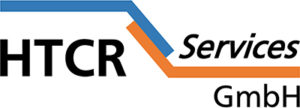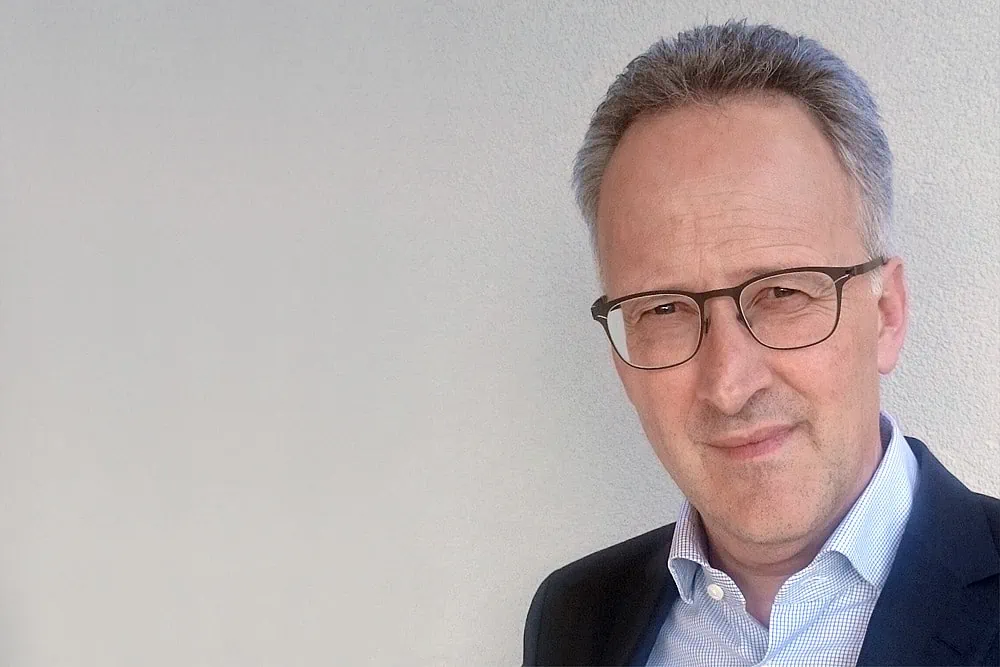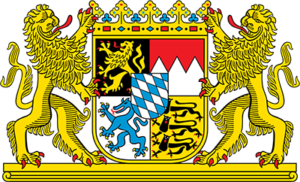
- www.htcr-services.com
- Business segment: Service Provider
- HTCR-Services GmbH
- Am Klopferspitz 19
- 82152 Planegg/Martinsried
- Germany
- Phone: +49 (0)89/5205 9694
- Fax: +49 (0)89/5205 9694
- moc.secivres-rcth@ofni

HTCR-Services
Dr. Peter Amersdorfer, CEO
About HTCR-Services
HTCR Services enables basic research and drug development with specialized services and an experienced team of scientists and managers. Supported by a growing network of hospitals and clinical experts, HTCR offers a wide range of services including healthy and pathological bio-samples (e.g. fresh tissue, FFPE and cryo tissue, plasma, serum, cell preparations) with clinical longitudinal data. This enables our academic and industrial partners to advance their pre-clinical research pipeline and clinical development of innovative medicines and personalized treatment applications
What is your motivation?
Our goal is to optimize the life cycle management of drugs and diagnostics utilized for life-threatening diseases. The use of high-quality bio-samples and data from biobanks enables a systematic investigation of medical diseases and reduces the attrition rate of biopharmaceuticals.
“IZB campus is an ideal location for service companies like HTCR-Services, embedded in a rapidly growing biotech region and specialized hospitals. This will significantly contribute to the future development of the company.”
Dr. Peter Amersdorfer, CEO
HTCR-Services GmbH (formerly ”Hepacult GmbH“) is a wholly-owned subsidiary of the Human Tissue and Cell Research (HTCR) Foundation and supports the foundation’s mission to provide human tissue on a broad basis for research purposes. Originally founded as a spin-off from the University of Regensburg in 2002, HTCR-Services offers researchers products and services based on human tissue for medical research and drug development in academic research institutions and pharmaceutical companies in Europe.
Through its network of hospitals and senior surgeons, HTCR-Services offers a broad spectrum of pathological and/or healthy tissues with corresponding biospecimens (e.g. blood or PBMCs), to accelerate research to discover new diagnostic markers, validate targets and develop new drugs and therapies.



